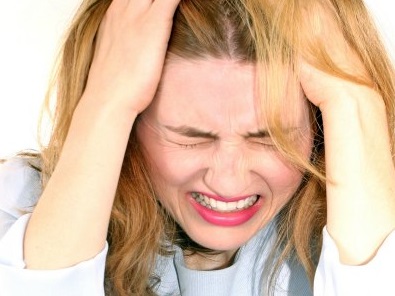Menopause generally occurs in adult women sometime after they reach forty and it signals the end of their fertile period. Medically, a woman will reach menopause when she have missed periods for twelve successive months. Before then, it’s important for a woman to use birth control when they are not trying to get pregnant. If you are approaching menopause, you should know about the signs to look for.
What Are the Signs of Menopause?
The most common signs include missed or irregular periods, mood swings, sleep disturbances or insomnia, and hot flashes.
Irregular or missed period is one of the most dramatic menopause signs. The missed periods must be looked at with regard to a normal menstrual cycle because pregnancy is the most common cause. If you miss your first period and you are of a menopausal age, you should treat yourself as if you are pregnant until you find out otherwise. A visit to your doctor is the best recommendation.
Hot flashes definitely stand out as one of the most well-known signs of menopause. There is no certainty as to why women at menopausal age experiences hot flash symptoms, but some thinks that it’s related to the changes in circulation. The hot flashes are said to be caused by the expanding of the blood vessels in order to make the body cooler. Hot flashes also cause women to look flushed and can vary in length as well as severity.
Mood swings are also common signs as most women experience this during menopause. It’s not entirely certain why women of menopausal age experience this symptom, but most people believe that it is related to fluctuating hormones. You might feel happy this moment and then become irritable the next because your hormones levels increase and then decrease. Thankfully, you can do a number of things to combat your mood swings. This includes exercise, maintaining a well-balanced diet, and consulting your doctor for advice.
Lastly, insomnia or sleep disturbances are common signs of menopause. You could have problems with sleep disturbances because of night sweats or night hot flashes. When menopause causes loss of sleep you can also become irritable. If you want help to prevent night sweats, hot flushes, and hot flashes, you should avoid triggers such as tight clothing, cigarettes, spicy foods and alcohol. You can also use deep breathing and exercises to keep yourself cool. In addition to that, your doctor might recommend hormone replacement therapy to help prevent hot flashes.


